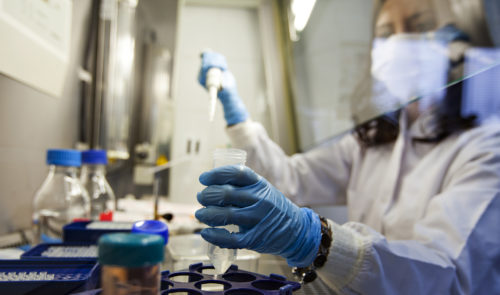
Cambridge researchers have developed Mindfulness-Based Cognitive Therapy (MBCT) as an effective and cost-effective alternative to medication in the prevention of depressive relapse and recurrence, without the side-effects associated with antidepressants.
Depression is a common mental health disorder that runs a recurrent, relapsing course. Affecting more than 264 million people worldwide, depression is a major contributor to the global burden of disease (WHO, 2020).
MBCT is a group-based intervention that enhances cognitive control over emotional information by cultivating the ability to psychologically ‘step back’ from distressing mental content, reframe it, and return attention to more neutral content. It focuses on preventing relapse in currently well patients with recurrent depression.
Over 10,000 patients in the UK have benefited from MBCT and, through international training, it is now available in ~200 clinics in the USA reaching around 6,000 patients annually.
MBCT is also included as a frontline prevention for depressive relapse in international guidelines e.g. those of Belgium, Canada, Australia, New Zealand and the USA. Courses to train clinicians in MBCT techniques are also now available internationally, including in Hong Kong, the USA, Canada, Europe and China.
MBCT has been extended to multiple health conditions and social domains including prisons, education and the workplace. For instance, MBCT was introduced into the UK prison service in 2017, initially at HMP Pentonville but now extended to eight other prisons nationally, and an MBCT-based programme conferring resilience to exam stress in students has been disseminated and trialled in institutions in France and Finland.
“[MBCT] has helped me in steadying myself when things are rushing in my head – concentrating on me now rather than could be or has been.”
– Participant in MBCT prison pilot project


